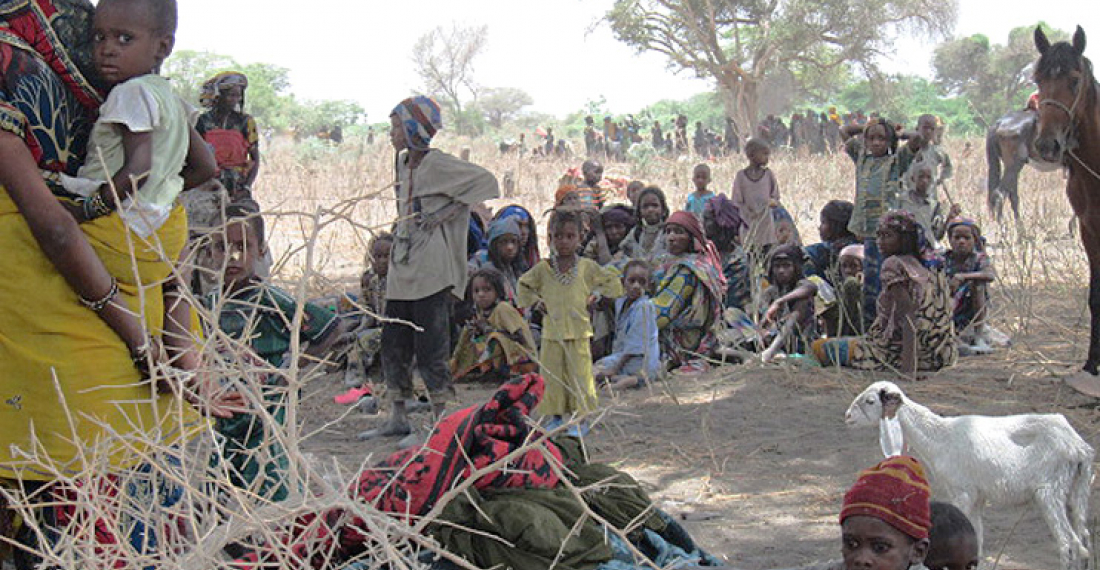A new report published by Amnesty International on Monday (13 September), denounces the increasing incidence of children being killed and recruited by armed terrorist groups in Niger, especially in the "three borders" area, where the country shares borders with Burkina Faso and Mali, an area where jihadist attacks have peaked in recent months.
The 57-page report, ‘I Have Nothing Left Except Myself’: The Worsening Impact on Children of Conflict in the Tillabéri Region of Niger, documents the growing impact of the conflict on children in the Tillabéri region of Niger, involving armed groups Islamic State in the Greater Sahara (ISGS) and the al-Qaida-affiliated Jama’at Nusrat al-Islam wal-Muslimin (JNIM).
According to ACLED, a database that records the place and course of armed conflicts, cited in the Amnesty report, violence against civilians in Niger left 544 dead between 1 January and 29 July 2021, compared to 397 in 2020.
“In Niger’s Tillabéri region, an entire generation is growing up surrounded by death and destruction. Armed groups have repeatedly attacked schools and food reserves, and are targeting children for recruitment,” said Matt Wells, Amnesty International’s Crisis Response Deputy Director – Thematic Issues.
“The Nigerian government and its international partners must urgently take action to monitor and prevent further abuses and protect the basic rights of all those affected by this deadly conflict – especially children.”
The Nigerian authorities have failed to protect civilians. Witnesses to attacks described how, despite their urgent calls, Niger’s Defense and Security Forces (FDS) frequently arrived long after killing and looting had ended.
About 60 children were killed in the Nigerian part of the three-border area, adds Amnesty, citing several testimonies from teenage survivors. “At one point, Wahab stopped to talk to the fighters. They shot him to the side and he died shortly after," said a boy who witnessed the murder of his 12-year-old friend in March.
Amnesty International considers the situation in Niger a non-international armed conflict, given the intensity of violence and level of organisation of both ISGS and JNIM.
Whilst the large-scale massacres seem to be more the doing of the EIGS, according to the report, the recruitment of young boys aged 15 to 17, is mainly done by the GSIM, in particular in the district of Torodi, near Burkina Faso. Attacks on schools are also rife, according to Amnesty, which counts more than 31,000 out-of-school children in the Tillabéri region, 10,000 more than last year.
“Niger is on the brink. Nigerian authorities and international partners must take urgent action to equip children with the tools to build a future for themselves," urged Wells.







